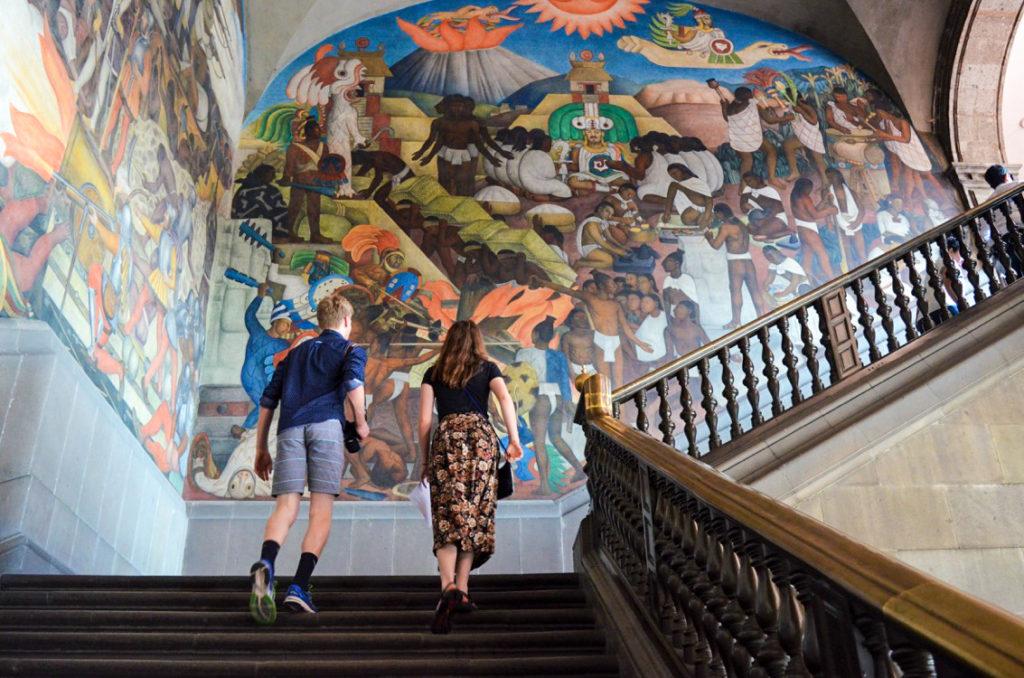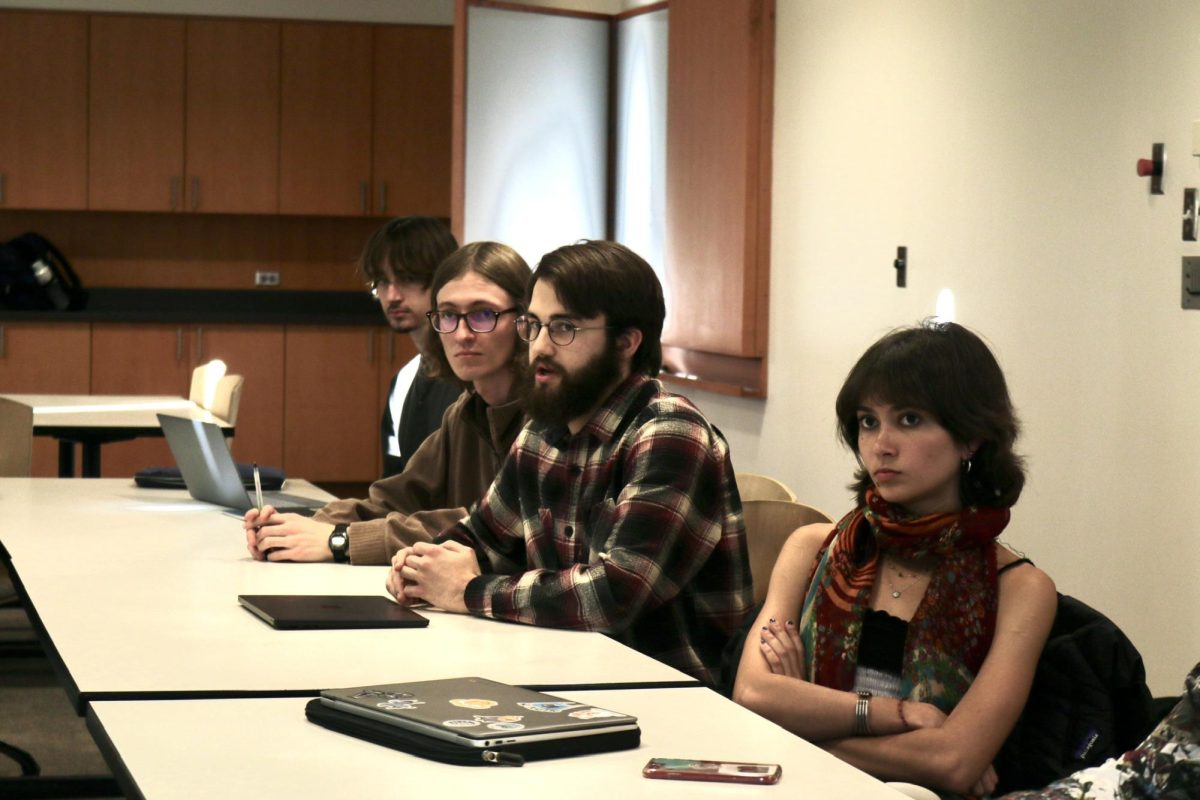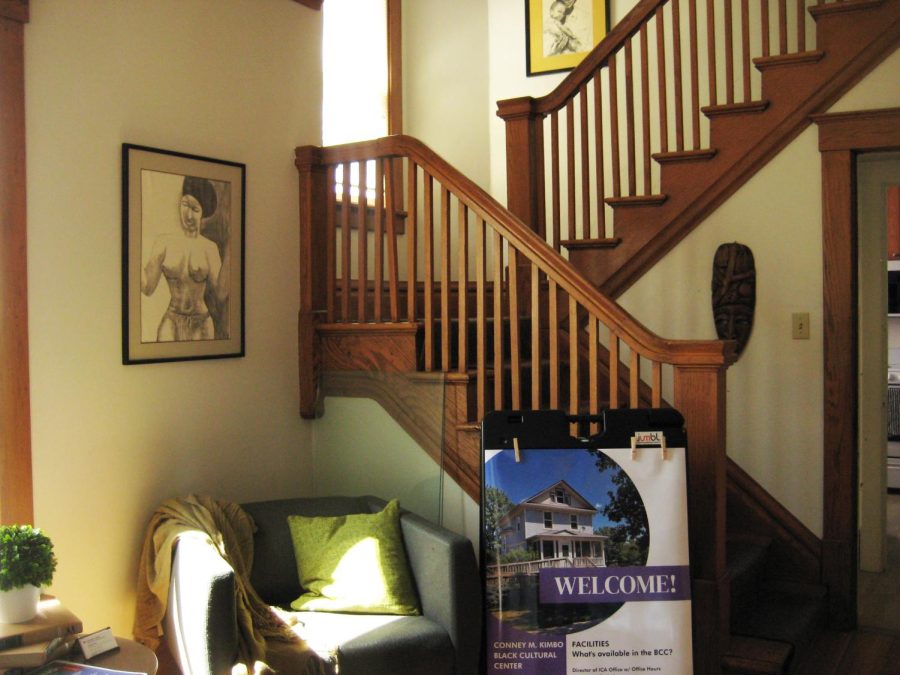
Grinnell College announced on Jan. 26 the projects selected for funding by the Innovation Fund. The nine chosen projects cover a range of areas with a particular emphasis on digital technology and addressing issues of diversity. Now in its fifth year, the Innovation Fund was created for faculty, staff and students to test out new approaches to teaching and scholarship.
The Innovation Fund supports both pilot projects, which can receive up to 50,000 dollars annually over three years to implement an idea, and planning projects, which are focused on determining feasibility in advance of implementation and can receive up to 10 thousand dollars. This year, six pilot projects were selected, along with three planning projects with the opportunity to apply to be pilots next year.
Of the five projects that aim to harness technology in different ways, three are specifically focused on the emerging area of digital liberal arts, which seeks to bridge traditional academia with digital tools and modes of inquiry. One of those, a pilot project, is entitled Curricular Implementation of the Digital Liberal Arts, and beyond the scope indicated by its name will include a feasibility assessment of a possible Digital Studies Concentration.
“In building Digital Studies at Grinnell, we want … to create new courses that focus on digital methods while still drawing on our disciplinary backgrounds,” wrote Professor Erik Simpson, English, who is co-leading the project, in an email to The S&B. “This summer, the first stage of our project will involve working with student collaborators to develop pilot courses in History and English that introduce students to digital methods in those disciplines.”
In a similar vein, one of the funded planning projects is the Grinnell College Immersive Experiences Lab (GCIEL) led by David Neville, a digital liberal arts specialist at the College. The project will explore how virtual reality (VR) and related technologies can provide exciting new possibilities for teaching and research.
“There’s so much you can do with either data visualizations, or large datasets, with VR or 3-D. You could … recreate lost environments with it, [and] there’s cultural heritage sites that you could do,” Neville said.
Among the three projects that focus on diversity and identity, one project will connect the College to high schoolers from the Meskwaki Native American Settlement, another will tackle the issues disabled Grinnellians face and the last will connect students to resources tackling racial marginalization.
The nine projects given funding were chosen from 12 applications by a committee staffed by professors, two alumni and a member of the administration. After the applications were submitted last September, the committee reviewed the projects and asked for clarification before submitting recommendations to President Raynard Kington, who made the final decisions on funding.
The U.S. Course Embedded Travel Project is the only funded proposal that does not share a common area with other projects. While most courses with embedded travel include international locales, Professor Sarah Purcell, History, who is co-leading the project, wants to expand the number of educational experiences that incorporate domestic excursions. Funded as a pilot, this project will channel that money to support at least five courses with embedded travel over the next three years.
“There’s a growing emphasis on … site-specific research, the idea of getting students out of Grinnell and able to go look at situations on the ground,” Purcell said. “Whether it’s for research, or a supplement to course materials, or to talk to alums. And so we just wanted to make sure that there was an opportunity for courses that were focused on the United States to be able to pursue that.”
While some students may be more excited by the idea of visiting foreign destinations, according to Purcell there are multiple benefits of adding opportunities for domestic course-embedded travel.
“There’s no passport required to travel within the United States, so for students who might face a barrier to international travel, it’s important to have opportunities to enrich classes,” said Purcell. “The United States is a really important part of the globe, so in order to make the world our classroom we need to be able to look within our borders as well.”


























































